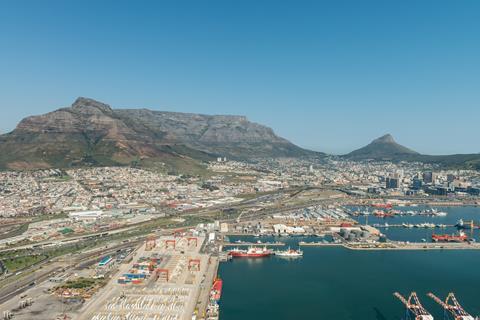Despite new thinking at the transport authority, the fresh produce export sector expects problems at the port to continue for some time

South Africa’s Transnet National Ports Authority (TNPA) has taken another step towards private participation in its infrastructure, calling on investors to develop Cape Town’s liquid bulk terminal in a 25-year concession.
However, the fresh produce export sector – which has suffered the brunt of problems at the container port in Cape Town for some time and has called consistently for the privatisation of the terminal – will argue that this announcement does not go far enough.
The table grape industry, in its seasonal review, warned that problems at the port would probably continue for some time.
Jacques Ferreira, Sati commercial affairs manager, told the industry that Transnet had advised new equipment would not arrive in time for the next two seasons.
“Until then it is likely that we will continue to be affected by old equipment breakdowns,” he explained. ”It is therefore advisable that industry continues to plan for alternative scenarios for the next two years.”
The performance of the Container Terminal in Cape Town is largely attributed to overall terminal management and inefficiencies.
However, it is also accepted that that the normal summer wind patterns in Cape Town caused disruption.
Following the latest Transnet move, it is expected that pressure for the privatisation of the Cape Town Container Terminal is likely to increase.
The City of Cape Town’s mayoral committee member of economic growth, Alderman James Vos, said the port’s well-documented inefficiencies had long been a burden on many South Africans.
It affected exporters struggling to reach offshore clients to ordinary citizens ultimately paying the surcharges on delayed imported products.
“Transnet’s notice is monumental, signalling a significant shift towards boosting outputs at the Port of Cape Town,” he said.
”The potential for private sector participation in the port is immense, with the capability to contribute an additional R6bn in exports, generate roughly 20,000 jobs, and yield over R1.6bn in additional taxes over five years.”



